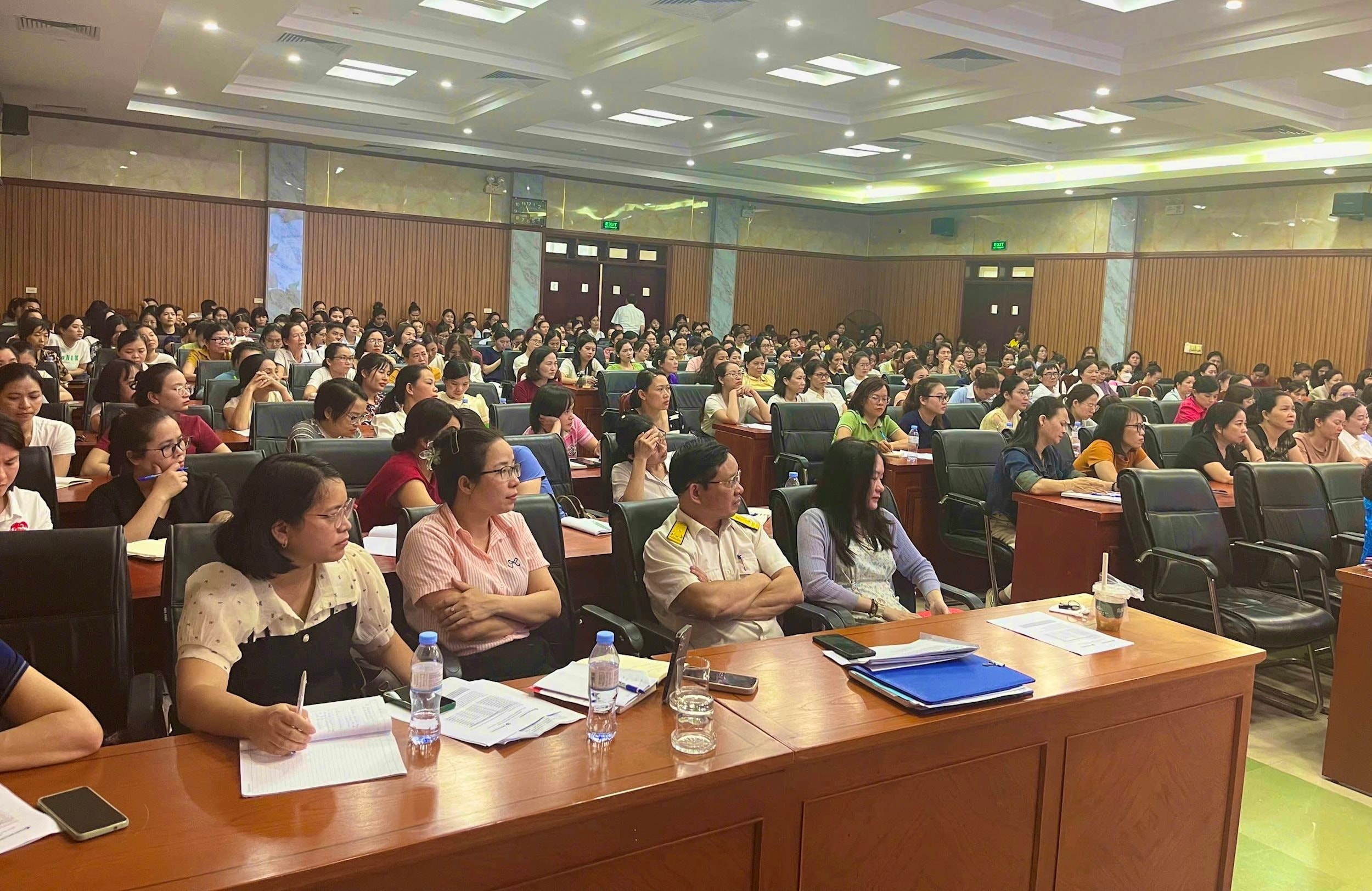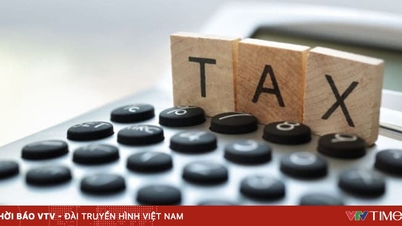This is the notable content in Circular No. 86/2024/TT-BTC issued by the Ministry of Finance on December 23, 2024, replacing Circular 105/2020/TT-BTC, effective from February 6, 2025.
The legal basis for this change comes from the Law on Tax Administration and Article 12 of the 2023 Law on Identification, which clearly stipulates that the 12-digit CCCD number is a unique, non-duplicated identification code issued by the Ministry of Public Security . From July 1, 2025, all individuals with tax obligations will use the CCCD number instead of the previous tax code. During the transition period, the tax code issued by the tax authority will remain valid until June 30, 2025.
Circular 86 clearly stipulates that the subjects of application include individuals with taxable income (except those currently doing business), dependents declared in personal income tax records, households, business households, business individuals and organizations and individuals with tax payment obligations according to the law. In particular, for business households, the representative individual will use his/her own CCCD number as the tax code for the entire household. This is an important new point, contributing to the consolidation of tax data and citizen identification nationwide.
The change from tax code to CCCD is made to simplify administrative procedures, synchronize data, increase tax management efficiency and bring more convenience to people. Previously, people had to register for a separate tax code, but from now on, they only need a CCCD with chip to be able to use it to declare and pay taxes directly. This not only saves time and costs but also avoids duplication and data discrepancies, contributing to building a modern and accurate management system.
The synchronization between the National Population Database and the tax system will help authorities easily detect tax fraud and the use of multiple tax codes that are not in accordance with regulations. At the same time, using the CCCD as a tax code will help people easily look up their tax payment history, tax refunds and fulfill other financial obligations with just one code on information portals such as gdt.gov.vn, thuedientu.gdt.gov.vn or the eTaxMobile and iCanhan applications.
Mr. Doan Van Hoa - Head of the Budget Department of Tax Department of Region X said: The conversion process will be automatically deployed if the CCCD information and the old tax code are correctly synchronized on the system. In case the data does not match or is missing the CCCD, the tax code will switch to the status "waiting for CCCD update".
Therefore, taxpayers need to proactively go to the tax authority to adjust information and update the CCCD number to ensure the consolidation of old tax codes into a single code. This consolidation is especially important for those who previously had multiple tax codes or inconsistent data.
The Ministry of Finance has also issued specific instructions on how to check tax code status, update personal information on the system, and require electronic invoice and tax declaration software to be upgraded to be compatible with the CCCD number.

People need to check and compare personal information such as full name, date of birth, address in the tax system to see if it matches the CCCD data. If you do not have a chip-embedded CCCD, you need to quickly go get one to get a valid identification code. Regarding software, businesses and business households must ensure that declaration applications and electronic invoices are updated promptly to avoid interruptions in the process of fulfilling tax obligations. An important note is that all records, invoices, and documents issued before July 1, 2025 will retain their legal value and do not need to be edited.
Using CCCD instead of tax codes not only helps save costs for both people and tax authorities but also increases transparency and accuracy in data. Fraudulent acts such as falsifying information and using multiple tax codes will now be more difficult to commit, because the system will identify through a single identification code. On the other hand, taxpayers can also easily control and look up their tax history on the electronic platform without having to remember a lot of complicated information.
More broadly, this is an important step forward in the process of administrative reform and national digital transformation, affirming the increasingly close coordination between the Ministry of Public Security and the Ministry of Finance in managing citizen data and tax obligations.

When the CCCD is used as a unique identification code, not only the tax sector but also many other sectors will benefit from data synchronization and interconnection, thereby improving the efficiency of state management in many fields.
In short, the official replacement of the tax code by the 12-digit CCCD number is a remarkable reform in the public finance sector. The automation and synchronization of data between ministries and branches will help increase transparency, improve tax management efficiency, and reduce administrative procedures, saving costs for people, business households and enterprises. This is also an important step in modernizing the tax system, towards a transparent, convenient and sustainable public administration.
Article 5, Circular No. 86/2024 stipulates:
1. Tax codes include tax codes for businesses, organizations and tax codes for households, business households and individuals. In which:
a) Tax codes for enterprises and organizations are issued by tax authorities according to the provisions in Clauses 2, 3 and 4 of this Article.
b) The tax code for households, business households and individuals is the tax code issued by the tax authority in the cases specified in Points a, d, e and h, Clause 4 of this Article; and is the personal identification number issued by the Ministry of Public Security in accordance with the law on identification in cases where the personal identification number is used instead of the tax code as prescribed in Clause 5 of this Article.
2. Tax code structure issued by tax authorities.
Source: https://baonghean.vn/tu-ngay-1-7-2025-so-can-cuoc-cong-dan-se-la-ma-so-thue-thu-nhap-ca-nhan-10300203.html
















































































































Comment (0)